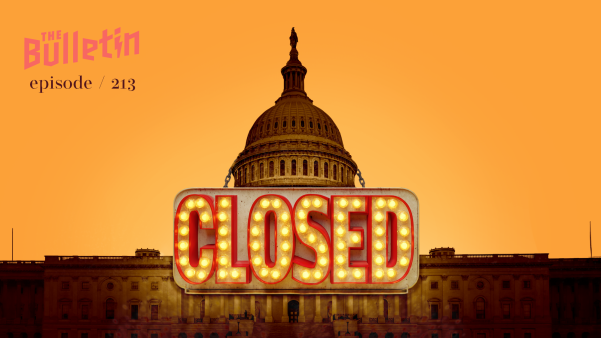As countless news stories on last Sunday’s event proclaimed, John Paul II’s act of repentance was unprecedented in church history. The International Theological Commission, whose study “Memory and Reconciliation: The Church and the Faults of the Past” laid the groundwork for the landmark prayer, presents a fuller picture. While “in the entire history of the Church there are no precedents for requests for forgiveness by the Magisterium for past wrongs,” there have been rare occasions on which “ecclesiastical authorities—Pope, Bishops, or Councils—have openly acknowledged the faults of abuses which they themselves were guilty of.”
Notably, in a message to the Diet of Nuremberg on November 25, 1522, the reforming Pope Adrian (or Hadrian) VI acknowledged “the abominations, the abuses … and the lies” of which the “Roman court” of his time was guilty—a “sickness” extending “from the top to the members.” Of course, this wasn’t exactly news. Adrian’s predecessor, Leo X (whom Martin Luther called “Antichrist,” among other things), was notorious for his excesses, and several members of the College of Cardinals had tried to poison him. Interestingly, Adrian, like John Paul II, was not Italian (he was Dutch), which might have accorded him some critical distance from the Roman see.
The only other apology cited is much more recent. Pope Paul VI, in his opening address at the second session of Vatican II, asked “pardon of God … and of the separated brethren [John XXIII’s term for Orthodox believers]” who felt offended by the Catholic Church. Paul then declared himself ready for an apology from the eastern church. “In the view of Paul VI,” the commission’s study reads, “both the request for and offer of pardon concerned solely the sin of the division between Christians and presupposed reciprocity.” Paul received his apology, in a sense, after he met with Greek Orthodox Patriarch Athenagoras in 1964 and they lifted the mutual anathemas in place for 1,000 years. John Paul II’s address also expresses his willingness to hear apologies for abuses Christians have suffered over the years, but as his address was much more inclusive than Paul’s, he obviously doesn’t expect direct reciprocation from everyone mentioned.
The “Memory and Reconciliation” study also examines Jubilee, which was first proclaimed under Pope Boniface VIII in 1300. At that time, “the penitential pilgrimage to the tombs of the Apostles Peter and Paul was associated with the granting of an exceptional indulgence for procuring, with sacramental pardon, total or partial remission of the temporal punishment due to sin.” This first jubilee was a real hit: up to 200,000 pilgrims thronged Rome throughout the year, which created a traffic jam the poet Dante used as a model for hell’s travel arrangements in the Inferno. But even worse problems resulted from the indulgence-based pilgrimage. When pilgrims seeking forgiveness were denied access to holy sites by Muslim Turks in the late eleventh century, the church launched a crusade. Special indulgences were then offered to anyone who participated. Thus, ironically, one of the main events for which the Catholic church (as a whole) is now seeking forgiveness was originally motivated, in part, by a quest (by Catholic individuals) to attain forgiveness.
“Memory and Reconciliation” certainly doesn’t address every confusing aspect of church history or of the idea of forgiveness. It does, however, explicitly address the following questions regarding John Paul II’s public “purification of memory”: “Why should it be done? Who should do it? What is the goal and how should this be determined, by correctly combining historical and theological judgment? Who will be addressed? What are the moral implications? And what are the possible effects on the life of the Church and on society?”
To determine these answers, the commission undertook a nuanced and thorough hermeneutical exercise. Through biblical, historical, theological, and ethical inquiries, it attempted to determine what really happened in the church’s past, whether the church or the supposedly Christian society was responsible, and whether the Christians involved knew they were doing wrong, all while acknowledging that any contemporary evaluation is influenced by the imperfect mediation of language and the fact that “Everybody belongs to history” and is therefore a partial judge. The challenge was to steer a course between “an apologetics that seeks to justify everything and an unwarranted laying of blame, based on historically untenable attributions of responsibility.”
People will continue to argue, as they have all week, whether the apology was too vague, too sweeping, too limited, too late, or flat-out unnecessary, but they can’t accuse it of being haphazard. Instead, it is an impressive example of hermeneutics in action.
Copyright © 2000 Christianity Today. Click for reprint information.








